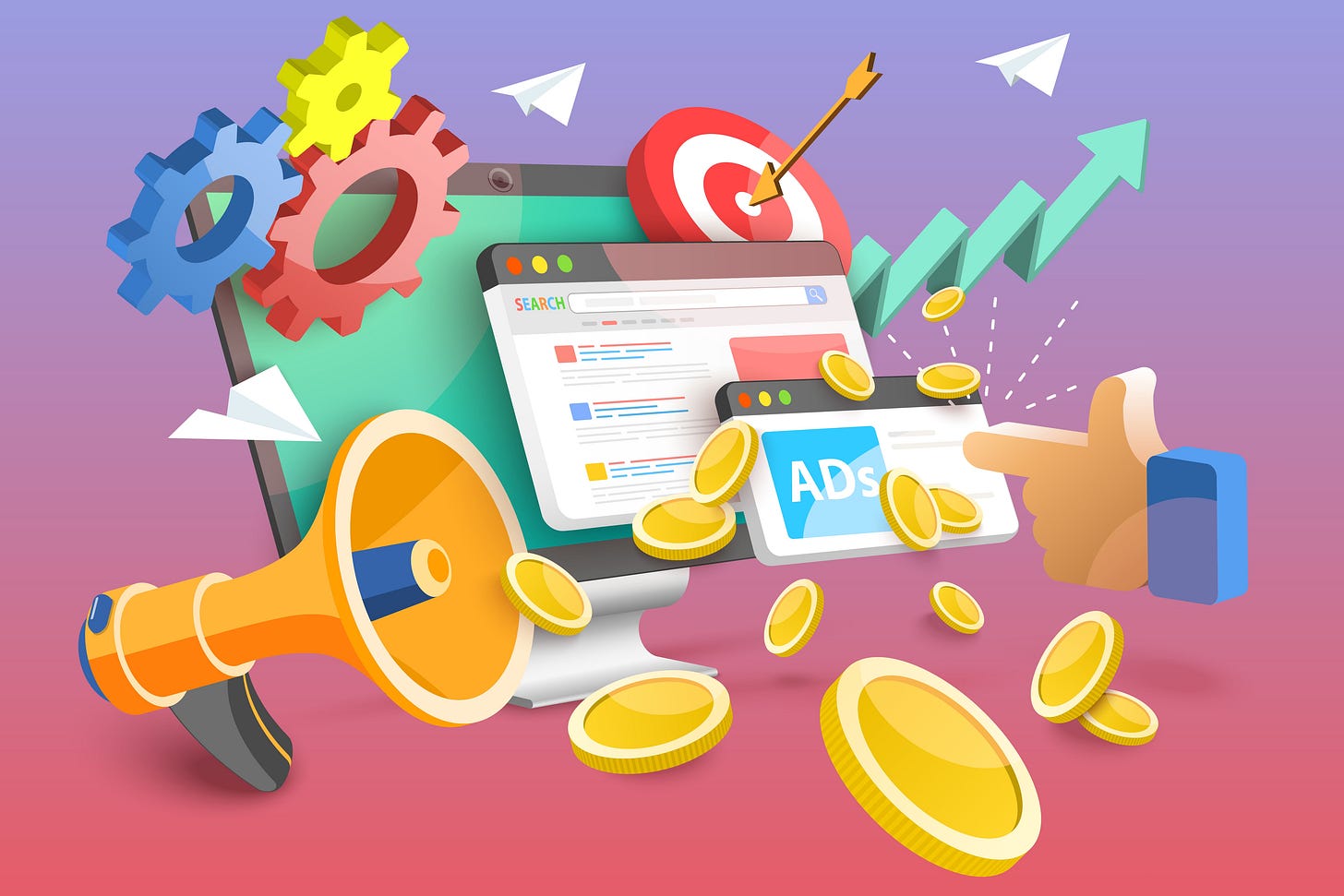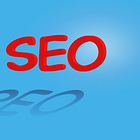What Is PPC Advertising?
With Pay-Per-Click (PPC) advertising, companies can precisely target their desired audiences, track which ad a user clicked on, and directly associate that ad with a subsequent product purchase.

The internet has changed not only our shopping habits (think Amazon) but also how companies advertise their products.
In the pre-internet era, businesses relied on print media, such as newspapers and magazines, to display ads. The price usually depended on the publication's popularity and the number of copies printed (circulation). To target a specific customer group, advertisers had to choose a magazine that that customer group read, ignoring other magazines with different demographics. The success of an ad campaign was hard to measure because there was no apparent correlation between an ad campaign and the additional sales the campaign was intended to generate.
Fast forward to today.
Unlike traditional printed publications, which charge based on the number of impressions, search engines like Google and social media sites like Facebook and Instagram bill based on the number of user clicks. This Pay-Per-Click (PPC) advertising model represents a significant improvement from the past.
Companies can now track which ad a user clicked on and directly associate that ad with a subsequent product purchase, creating a measurable link between the cost of a campaign and the benefit of increased sales (ROAS—Return on Advertising Spend).
Moreover, online advertising allows businesses to precisely target their desired audiences, making their ads more effective and their marketing strategies more successful.
So, what's not to like?
Although you can set daily budgets, precisely target keywords and audiences, and accurately measure an ad's effectiveness, online advertising can be expensive.
Like a sugar rush, paid online ads offer a quick way to reach potential customers and drive traffic to your site.
However, this speed and reach come at a high price, which can be a barrier for small businesses, particularly in the long run.






